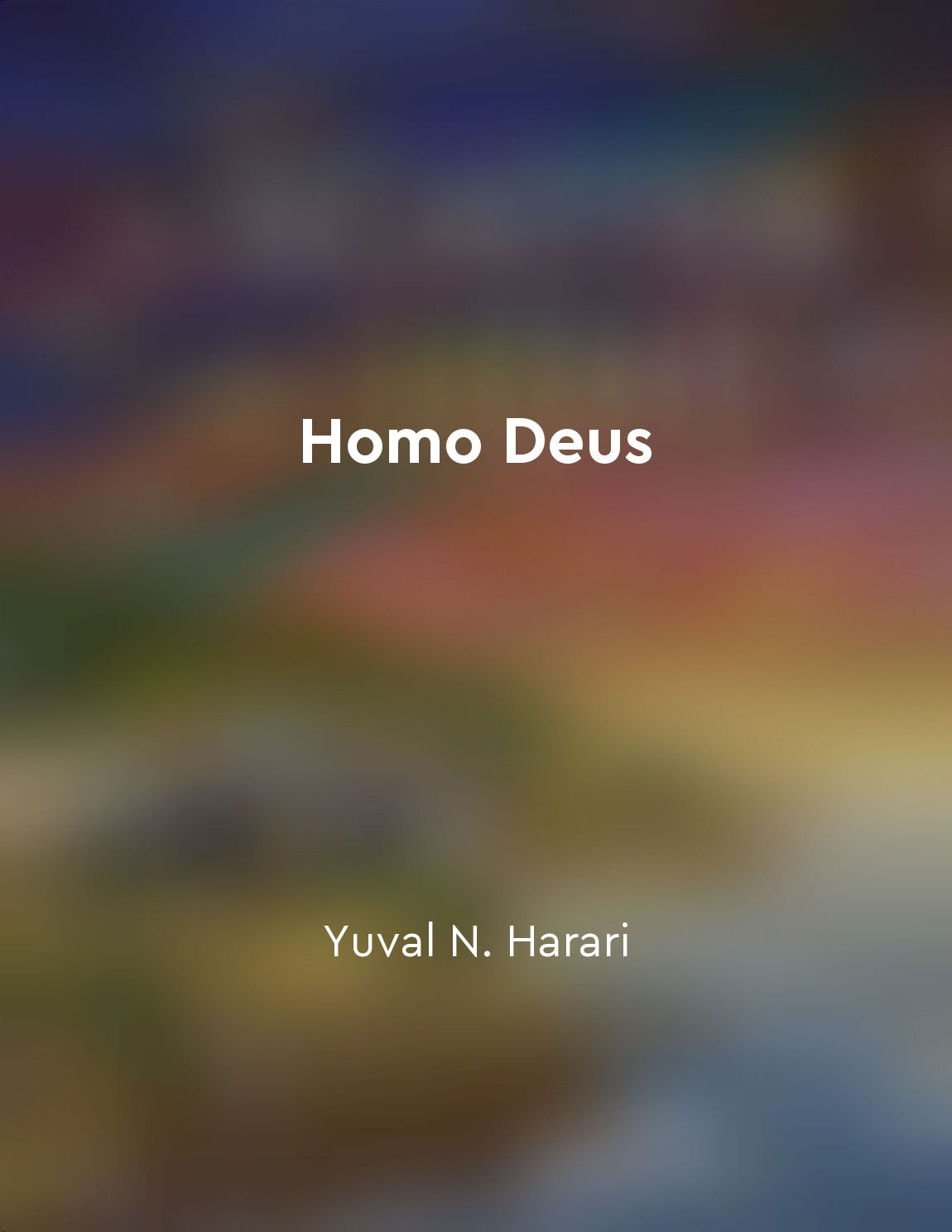Audio available in app
Differentiate between information and knowledge from "summary" of How to Read a Book by Mortimer J. Adler,Charles Van Doren
Information and knowledge are often used interchangeably in everyday conversation. However, there is a clear distinction between the two concepts. Information can be defined as data or facts that have been gathered or received. It is raw material that has not been processed or understood. On the other hand, knowledge is information that has been assimilated, understood, and internalized by an individual. It involves the ability to interpret and make sense of information, as well as to apply it in different contexts. Information is abundant in today's world, thanks to the proliferation of the internet and other forms of media. It is easily accessible and can be obtained with just a few clicks. However, the sheer volume of information available can be overwhelming, and it can be difficult to discern what is accurate and relevant. Knowledge, on the other hand, requires effort and time to acquire. It involves critical thinking, analysis, and reflection. Knowledge is not just about memorizing facts; it is about understanding concepts and being able to think critically about them. One of the key differences between information and knowledge is that information is external, while knowledge is internal. Information exists independently of the individual and can be transmitted or received. Knowledge, on the other hand, resides within the mind of the individual. It is the result of a mental process that involves understanding, interpretation, and application. Knowledge is personal and subjective, shaped by individual experiences, beliefs, and values. Another important distinction between information and knowledge is that information is fleeting and transient, while knowledge is enduring and permanent. Information can quickly become outdated or irrelevant, as new information is constantly being generated. Knowledge, however, is timeless and can withstand the test of time. It is built upon a foundation of understanding and insight that transcends mere facts and data.- While information and knowledge are closely related, they are not the same. Information is the raw material from which knowledge is derived. Knowledge involves a deeper level of understanding and assimilation of information. In today's information age, it is important to distinguish between the two and to strive for true knowledge, rather than just accumulating information.
Similar Posts
Beliefs depend on impressions
Beliefs are intimately tied to our impressions. Impressions are the lively perceptions we have of external objects, while belie...

The gap between the rich and the poor is widening, with the elite gaining access to lifeenhancing technologies
In the modern world, we are witnessing a concerning trend where the disparity between the affluent and the destitute is growing...
Strive for clearer thinking
Strive to think clearly. It sounds obvious, but it is easier said than done. Our minds are naturally lazy, and our thoughts are...
It broadens our perspective on different topics
Exploring various subjects and gaining knowledge about different topics can significantly expand our understanding of the world...
Quranic interpretation is an essential aspect of understanding Islam
Quranic interpretation holds a vital place in the realm of Islamic knowledge, serving as a key to unlocking the depth and richn...
Transcendental analytic clarifies concepts
The Transcendental Analytic is instrumental in shedding light on the nature of concepts. It serves as a tool for understanding ...
Enabling is empowering
Enabling others to do things is a form of empowerment, a way of increasing their ability to act in the world. When we enable so...
People think critically only about things they know
In order to think critically about something, you must first know something about it. Critical thinking requires knowledge; wit...
The ethics of vengeance
Vengeance is a recurring theme in Game of Thrones, with characters seeking retribution for perceived wrongs committed against t...
Empowering students to become independent thinkers
The idea of empowering students to become independent thinkers is a fundamental principle in education. When students are able ...

